In Albury's industrial sector, flanges and gaskets are essential components for safe and efficient operations. Flanges, with various types catering to different pressure and material needs (e.g., ring-type vs. butt-welded), ensure secure connections in manufacturing, plumbing, and engineering applications. Gaskets, made from materials like rubber, PTFE, or composites, seal joints against leaks, with selection based on operating conditions. Proper assembly, installation, and maintenance are critical to prevent failures; tools, regular testing, and material standards ensure longevity. Albury's industry leaders innovate using advanced materials, contributing to global solutions while adhering to environmental regulations.
“In Albury, the understanding of flanges and gaskets is paramount for efficient industrial processes. This comprehensive guide explores the fundamentals, delving into various types of flanges and the crucial role gaskets play in sealing systems. From materials and sizes to assembly best practices, we navigate common failures and highlight industry standards. By exploring these aspects, Albury’s industrial landscape can harness innovative technology, ensuring reliable and efficient operations.”
- Understanding Flanges: The Basics and Types in Albury
- Gaskets: Materials, Sizes, and Selection Guide for Albury Applications
- Assembly and Installation: Best Practices for Flange and Gasket Pairs
- Common Failures and How to Prevent Them with Flanges and Gaskets in Albury
- Industry Standards and Innovations Shaping Flange and Gasket Technology in Albury
Understanding Flanges: The Basics and Types in Albury
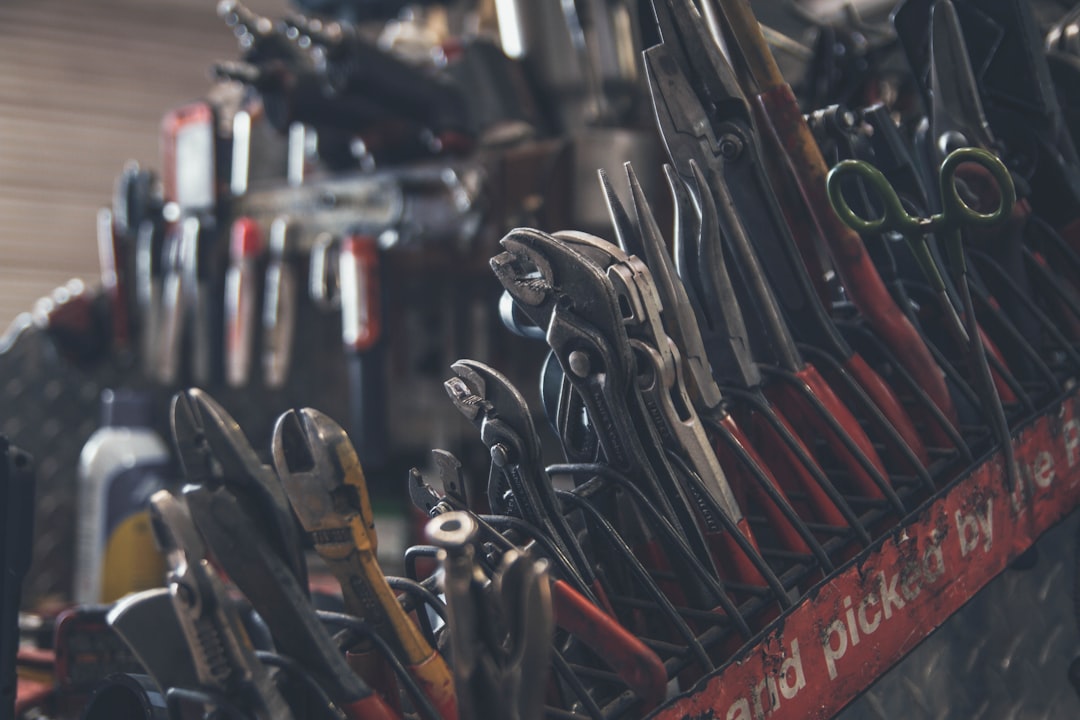
In Albury, flanges are a fundamental component in various industrial applications, serving as critical connecting points for pipes, valves, and equipment. They come in diverse types designed to accommodate different pressure ratings, materials, and sealing requirements. Each type offers unique advantages tailored to specific industry needs. For instance, the ring-type flange is widely used due to its simplicity and effectiveness in low-pressure systems, while the butt-welded flange is preferred for high-pressure and corrosive environments in Albury’s industrial landscape.
Understanding these basics is essential for professionals in Albury’s manufacturing, plumbing, and engineering sectors. Knowing the types ensures proper selection for any project, ensuring safe, efficient, and leak-free connections. This knowledge translates to cost savings and improved performance, making flanges a versatile and indispensable element in Albury’s industrial infrastructure.
Gaskets: Materials, Sizes, and Selection Guide for Albury Applications
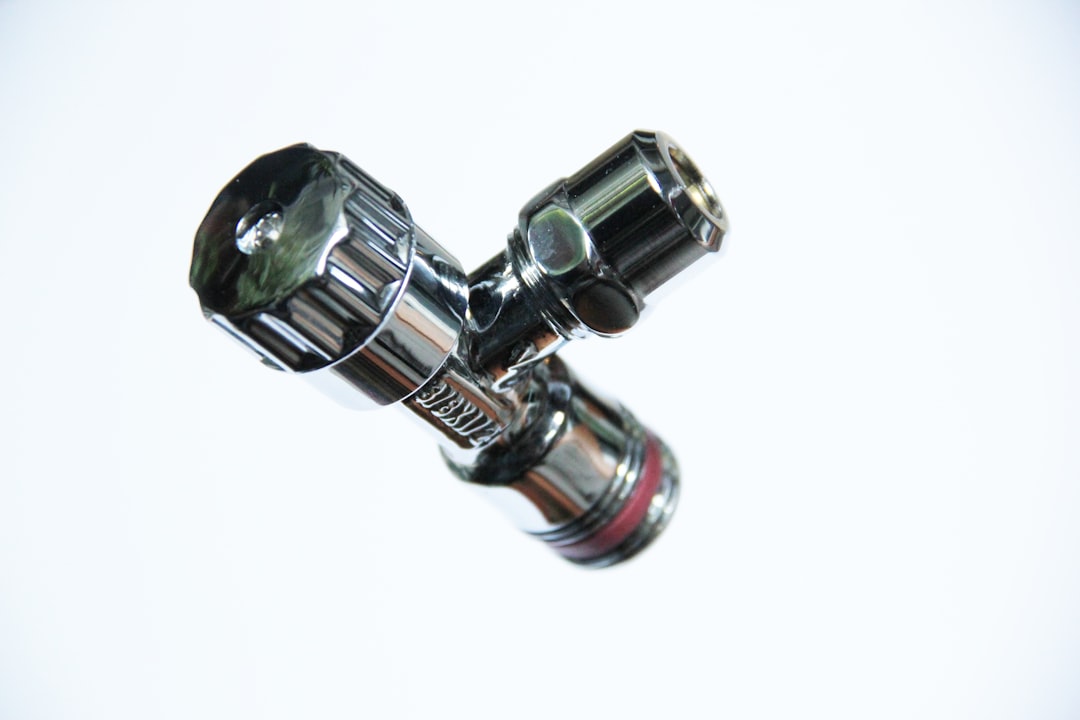
Gaskets, an integral component in various industrial applications, including those in Albury, play a critical role in sealing joints and preventing leaks. When it comes to selecting gaskets for specific Albury applications, understanding the material, size, and compatibility is essential. Materials range from common rubber and PTFE to specialized composites, each offering unique advantages in terms of temperature resistance, pressure handling, and chemical compatibility. Sizes vary based on the joint dimensions, with standard and custom options available to accommodate diverse Albury equipment configurations.
The selection process involves considering factors such as operating temperatures, pressures, and the type of fluids or gases being sealed. For instance, high-temperature applications in Albury industries might require heat-resistant gaskets like asbestos or aramid fiber, while low-pressure, general-purpose sealing could use standard rubber gaskets. In critical applications, such as those involving corrosive chemicals, specialized gaskets with fluoropolymers or metal-backed options may be necessary. Always refer to manufacturer guidelines and consult industry experts for the most suitable gasket selection, ensuring optimal performance and safety in Albury industrial settings.
Assembly and Installation: Best Practices for Flange and Gasket Pairs
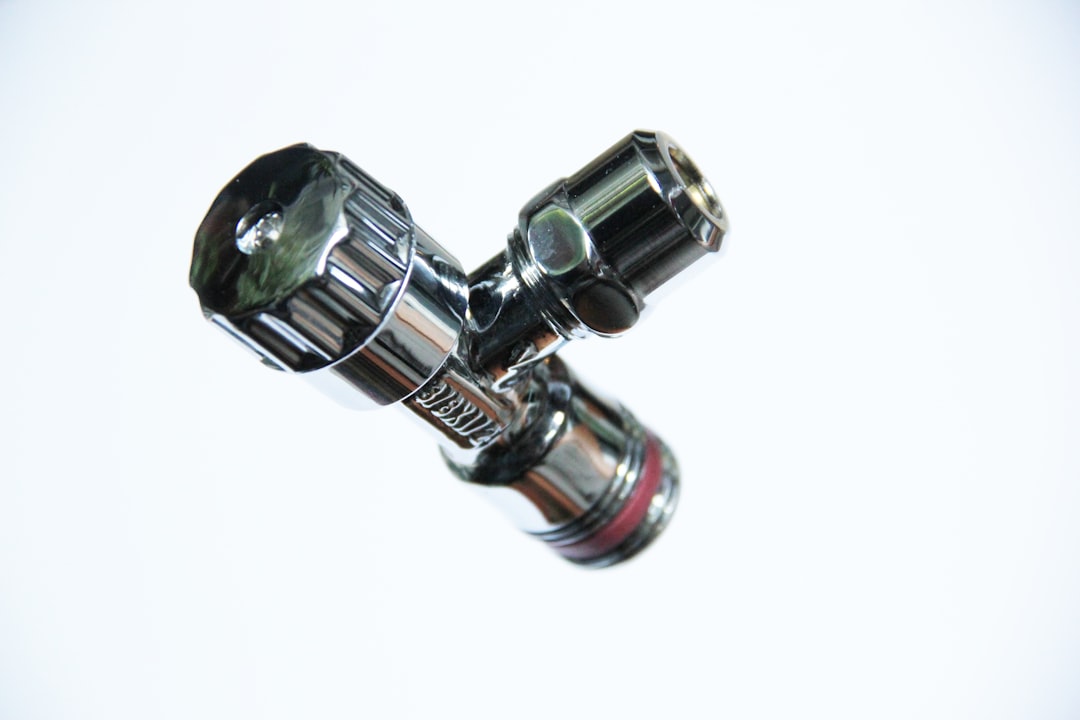
When assembling and installing flanges and gaskets in Albury, it’s crucial to follow best practices for optimal performance and longevity. Begin by ensuring all surfaces are clean, free from debris, and slightly roughened to enhance seal formation. Proper alignment is key; misalignment can lead to poor sealing and potential leaks. Use the right tools to achieve a secure fit without overtightening, which could damage the gaskets.
Apply the appropriate gasket material between flanges, following manufacturer guidelines. Consider environmental factors like temperature and pressure when selecting gaskets. After installation, test for leaks by applying pressure or using compressed air. Regular maintenance involves inspecting flange and gasket pairs for signs of wear or damage, replacing them as needed to maintain system efficiency and safety.
Common Failures and How to Prevent Them with Flanges and Gaskets in Albury
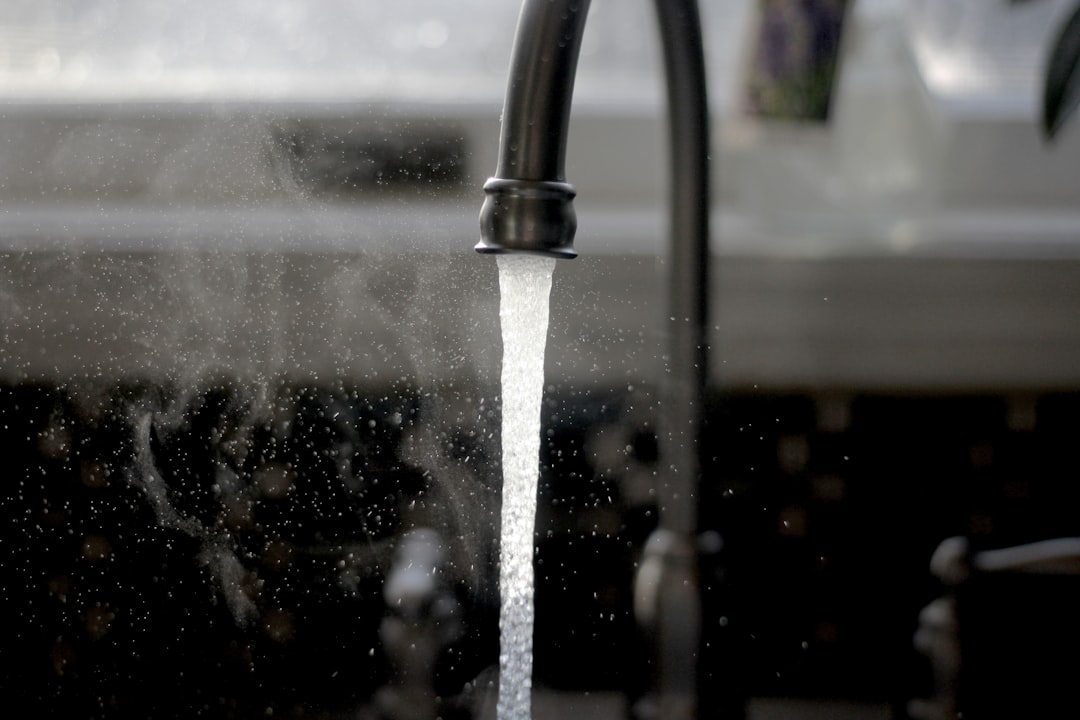
In Albury, as with any industrial setting, flanges and gaskets are integral components that require careful consideration to prevent common failures. One of the primary issues is misalignment, which can lead to insufficient sealing and eventual leakages. Ensuring proper mounting and using alignment tools during installation can mitigate this problem. Another frequent failure mode is damage due to excessive pressure or temperature, resulting in gasket blowouts or flange deformations. Regular maintenance checks, selecting suitable materials for specific applications, and implementing pressure/temperature monitoring systems are effective strategies to prevent such disasters.
Moreover, the quality of gaskets and flanges cannot be overlooked. Using subpar materials may lead to premature failure, costly repairs, or even safety hazards. Albury’s industry experts recommend adhering to international standards and specifications for material selection, manufacturing processes, and testing protocols. Additionally, proper storage and handling techniques are essential; storing gaskets and flanges in clean, dry environments and avoiding damage during transportation can significantly enhance their lifespan and performance.
Industry Standards and Innovations Shaping Flange and Gasket Technology in Albury
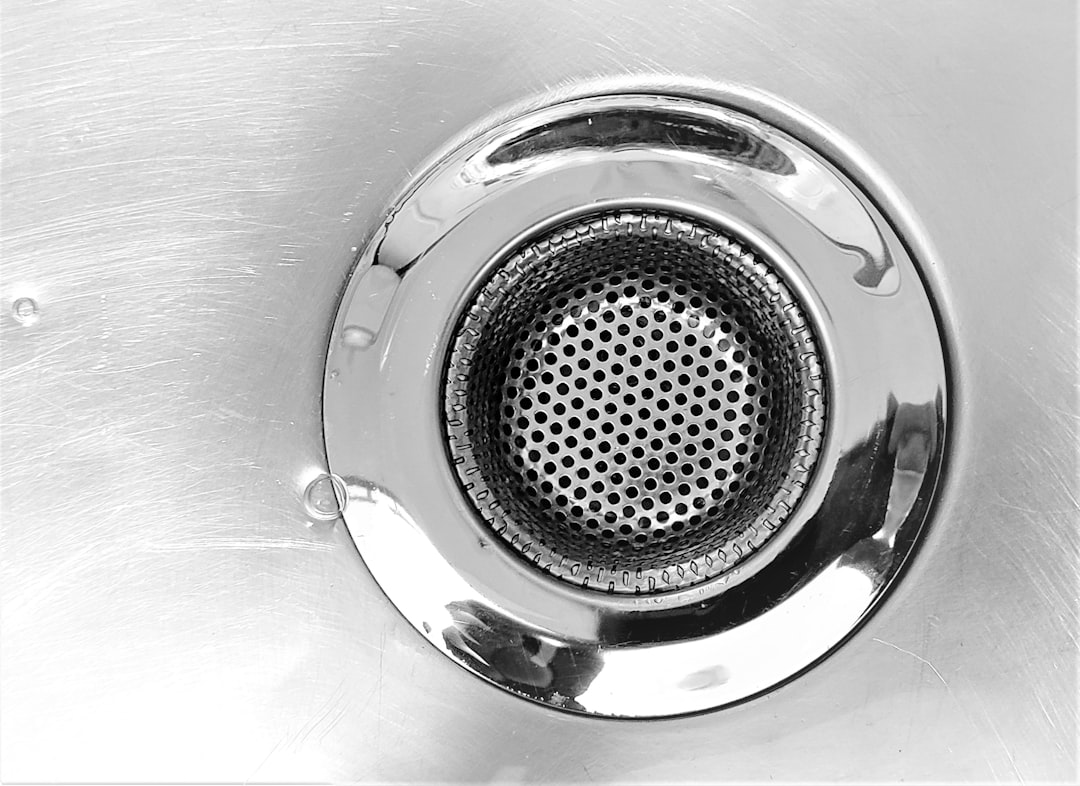
In Albury, industry standards and innovations are continually shaping flange and gasket technology. Local manufacturers and engineers are adopting advanced materials such as high-performance polymers and specialized metals to create more durable and leak-resistant components. These developments cater to diverse industries, including manufacturing, chemical processing, and energy production, ensuring higher safety and efficiency standards.
The city’s reputation for technological advancement is reflected in its commitment to eco-friendly practices. Innovative designs now include recyclable materials and improved sealing technologies that minimize environmental impact. As a result, Albury stands as a hub for cutting-edge flange and gasket solutions, meeting the evolving needs of both local and global industries while adhering to stringent environmental regulations.
In conclusion, flanges and gaskets play an indispensable role in various industries across Albury. Understanding their types, materials, and proper assembly is key to ensuring efficient, safe, and sustainable operations. By adhering to best practices and industry standards, Albury professionals can prevent common failures, enhancing equipment longevity and performance. As technology evolves, staying informed about innovations in flange and gasket technology will continue to benefit the Albury community, fostering a more robust and advanced industrial landscape.
